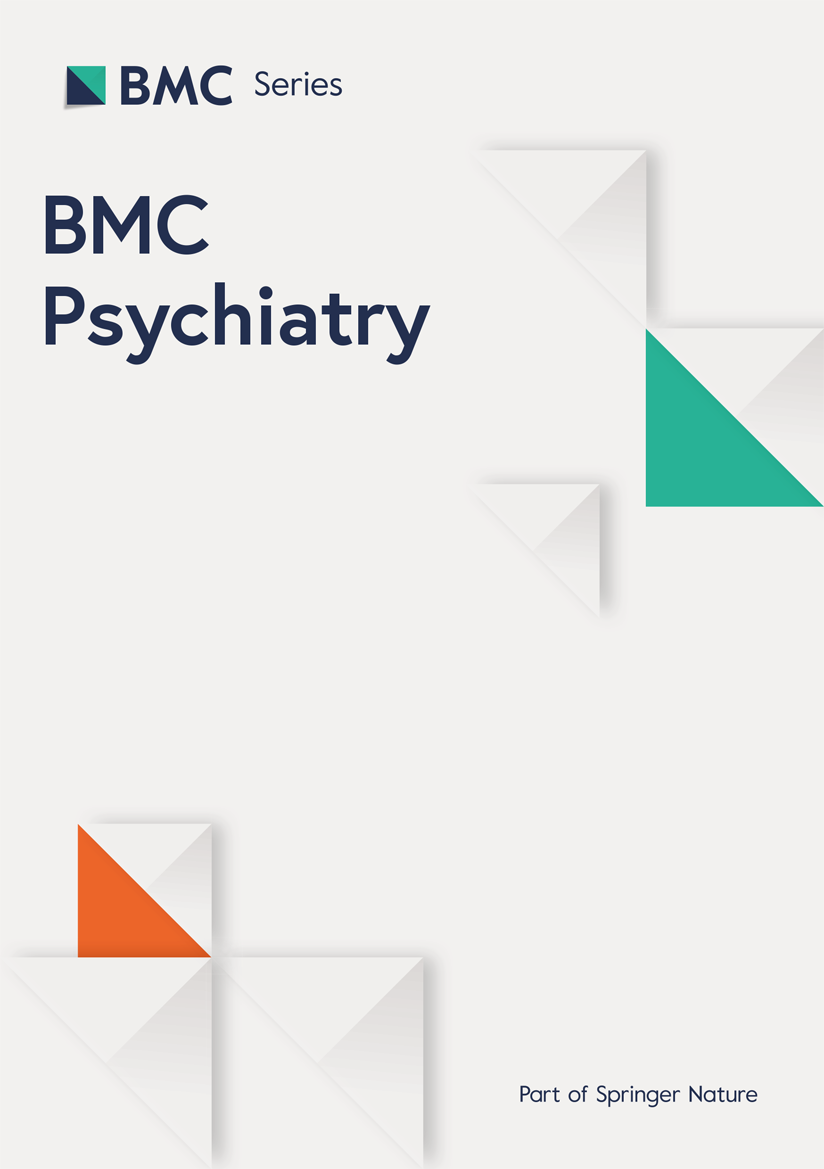42
Repetitive negative thinking is associated with cognitive function decline in older adults: a cross-sectional study - BMC Psychiatry
bmcpsychiatry.biomedcentral.comBackground Psychological problems such as depression and anxiety increase the risk of cognitive impairment in older adults. But mechanisms on the effect of psychological disorder on cognitive function is inconclusive. Repetitive negative thinking (RNT) is a core symptom of a number of common psychological disorders and may be a modifiable process shared by many psychological risk factors that contribute to the development of cognitive impairment. RNT may increase the risk of cognitive impairment. However, there are fewer studies related to RNT and cognitive function, and there is a lack of epidemiological studies to explore the relationship between RNT and cognitive function. Methods A cross-sectional study of 424 older adults aged 60 years or over was performed form May to November 2023 in hospital. To investigate the RNT level by using the Perseverative Thinking Questionnaire (PTQ), and investigate the cognitive function level by using the Montreal Cognitive Assessment Scale (MoCA). Multivariable linear regression and subgroup analyses were used to explore the relationship between RNT and cognitive function. Results We categorized the total RNT scores into quartiles. The multivariable linear regression analysis showed that after adjusting for all covariates, the participants in the Q3 and Q4 groups exhibited lower cognition scores (Q3:β = -0.180, 95%CI -2.849~-0.860; Q4:β = -0.164, 95% -2.611~-0.666) compared to the Q1 group. The results of the subgroup analyses showed that individuals aged 60 ~ 79 years, junior high school and above are more prone to suffer from cognitive impairment with a high RNT score. Conclusion The study reveals a negative association between RNT and cognitive function in community-dwelling older adults. However, multi-center and a longer time span cohort studies on the relationship between RNT and cognitive function should be carried out to further explore the mechanisms involved.


I was much smarter before having depression. The reason? I used to be interested in a lot of different things, reading about them, trying them out. Now it’s just like why bother, makes no difference anyway.
I am convinced that “intelligence” or “intellect” or however you want to brand it is just a measurement of interest in a topic, nothing else.
There’s a social aspect to cognition I’ve noticed recently. Between depression and a recent bout of unemployment, I’ve been a lot less social and noticed my language faculties suffering. It’s harder to remember less frequently used words and it takes me longer to assemble statements. This makes me feel like I’m sometimes drifting in a fog and it’s more difficult to focus. Language is a large part of how we assemble our understanding of and interact with the world and it makes me feel less intelligent when I’m slow to assemble a thought or have to look up a definition to find the word I’m trying to use.
Although, the feeling that I’m slower with my language does not necessarily indicate cognitive decline. This is only a personal observation